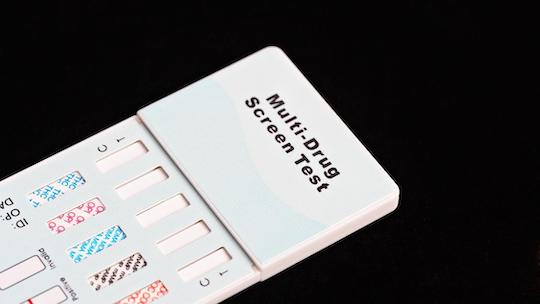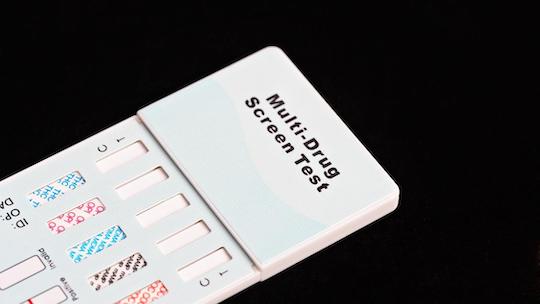HOUSTON – (Sept. 12, 2022) – Drug testing programs can reduce overdose deaths – but politics are getting in the way of the growing public health emergency, according to a new brief from Rice University’s Baker Institute for Public Policy.
Every five minutes, on average, someone dies of a drug overdose in the United States. More than 100,000 Americans will fatally overdose in 2022, the second consecutive year with a death toll in six figures, according to the Centers for Disease Control and Prevention.
“The lethal and volatile nature of the unregulated drug supply is a public health emergency,” wrote Katharine Neill Harris, the Alfred C. Glassell, III, Fellow in Drug Policy. “It must be treated as such, with quick and effective strategies to reduce overdose risks immediately.
“Increasing access to drug checking technologies, which give individuals information about the contents of their drugs prior to use, can reduce overdose deaths by alerting users to the presence of fentanyl and encouraging safer behavior,” Harris continued.

Critics commonly object to drug checking, syringe service programs and overdose prevention centers on the grounds that they encourage drug use. But Harris wrote there is no evidence of that. People who check their drugs are more likely to reduce their intake, use drugs more slowly, alter how they take their drugs or make other modifications that reduce risks, she explained.
“Countless factors may affect an individual’s decision to use or not use drugs, but the availability of a test strip or a needle is rarely, if ever, part of that calculation,” Harris wrote. “By this same token, people who want to use drugs will use those drugs anyway — with or without drug checking or any other risk-reducing products. In the same way that passing out free condoms does not promote sex, drug checking does not promote drug use, but it does encourage safer behavior.”
The abstinence-only drug strategy is a byproduct of the war on drugs, Harris argues. But drug use – along with racial inequality, incarceration rates and violence along the southern border – have all increased over the decades-long drug war. This demonstrates that prohibition and punishment do not work, she said.
Drug war–era policies prevent state governments today from granting access to drug checking, which remains illegal in at least 25 states. Stigmatizing people who use drugs, false assumptions about drug use and skepticism about harm-reducing interventions drive much of the resistance to reform. But political calculations are also a factor, Harris argues.
“For example, conservative officials often blame the rise in fentanyl-related deaths on President Joe Biden’s border policies, even though these deaths were increasing well before he took office, climbing 490% between 2015 and 2020.
“In Kansas, which had one of the greatest increases in overdose deaths among all states from 2021 to 2022, the Republican-led legislature rejected a bill to legalize fentanyl test strips,” she continued. “Similar measures failed recently in Florida, Mississippi and Missouri, all of which have rising rates of overdose deaths and are controlled by Republicans.”
The patchwork overdose response strategy will exacerbate existing inequities that cut along racial, ethnic and socioeconomic lines, Harris argues. Overdose rates among Black and Hispanic or Latino populations are increasing faster than white populations, and these trends are especially pronounced in the South and Southwest regions of the U.S., according to the report.
Whether the goal is to prevent overdoses, treat addiction or stop kids from using drugs, all effective drug strategies require empathy and compassion for human suffering, Harris said.
“Until we can evolve into a society that is more inclusive of different ways of being and commits to easing human suffering, drug checking technologies offer a means to reduce deaths that result from adulterated drugs,” she wrote. “This is good news for a problem that has been intractable for so long. If only we could summon the empathy and compassion needed to garner the will of legislators to embrace the life-saving power that drug checking puts in people’s hands.”

